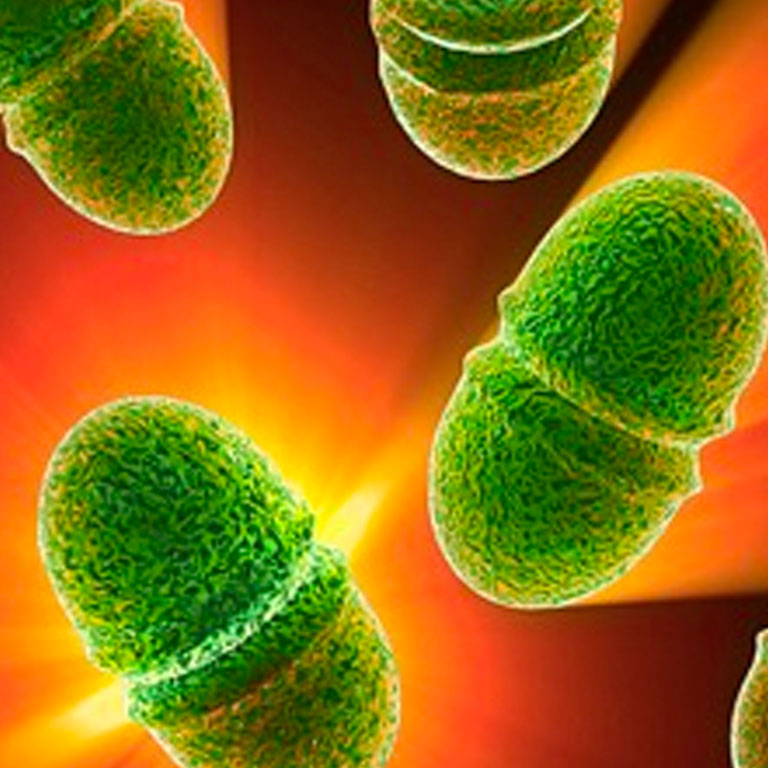AMS is conducting a project using microbial source tracking (MST) to trace anthropogenic (i.e. from humans or their domestic animals) sources of fecal indicator bacteria (FIBs), and to quantify their importance relative to wildlife fecal bacteria sources, in ocean receiving waters along the Central California coast. This project uses quantitative polymerase chain reaction (qPCR) probes for unique source bacteria associated with human and other animal fecal matter. The principal objectives of this study are to identify 1) the sources of fecal matter-associated bacteria in stormwater, and 2) to compare these sources to those in receiving waters in order to assess the degree to which stormwater explains receiving water bacterial sources. This study is part of an effort to determine the extent to which potential exceedances of FIBs in ocean receiving waters are due to anthropogenic sources in order to guide implementation of management practices that target offending sources. This study is important for stormwater dischargers as the State Water Resources Control Board, which has established limits for FIBs in ocean receiving waters, has emphasized that dischargers are not responsible for reducing FIBs in ocean receiving waters that originate from wildlife sources.

News

